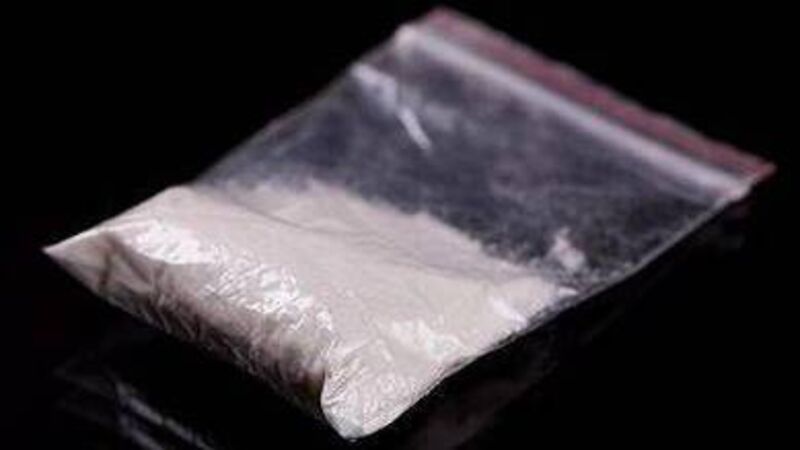Cork city and county in grip of cocaine as drug now ‘normalised’

"It’s in every single pub and people from all walks of life, all ages are being exposed to it."
A study by the Health Research Board, with contributions from organisations including the school of public health at University College Cork, found that cocaine was the main problem drug among people seeking treatment, rising from 1.5 to 93.2 per 100,000 people between 2000 and 2023.
Additionally, cocaine-related discharges from acute hospitals rose from 1.4 to 24.3 per 100,000, and cocaine-related psychiatric admissions increased from 0.24 to 2.4 per 100,000 population between 2000 and 2023.
Declan O’Riordan, from the Coolmine treatment centre’s Cork city south hub, told the centre has seen a huge increase also.
“In Cork, cocaine has taken the lead as the primary drug for which people present for treatment,” he said.
“What we’re seeing the last couple of years is that it’s not just a city drug, it’s a rural drug too.”
"It’s in every single pub and people from all walks of life, all ages are being exposed to it."
Mr O'Riordan said that a lot people who are using cocaine and drinking concurrently, may start doing so socially but end up drinking more than they ever thought they would, and using cocaine and alcohol at home.
"It’ s causing increasing damage to people’s bodies," he said.
“A person using cocaine and alcohol could be holding down a job, a successful relationship, but in the background there are huge explosions.”
Mr O’Riordan said the centre believes the main reason for the increase is the availability of the drug.
A Cork man who has been in recovery for two-and-- half years agreed that the biggest issue was how accessible the drug was now.
He told : “It’s 'round the clock, no closing time. The dealers are in the pub, you’d drink with them.
“It’s so normalised, it’s just part of drinking.
But for him, he said there is no comparison to drinking because it’s a "bottomless pit".
He explained: "You can do it for days on end, whereas you can only drink so much before you fall asleep. I never reached a point where I was like ‘that’s enough cocaine for today’.
“You gradually realise that you can’t stop, and that’s a big issue, but it just makes you use more because it’s the only way you can not think about the stress of not being able to stop.”
He is now recovering, he said. “It’s so much better. My life is really good nowadays and I’m rarely stressed now.”
Mr O’Riordan added: “Between the HSE, Cork Drug Taskforce and Coolmine we have a specialised project for people who have problems with cocaine and crack cocaine.
“It’s a 12-week, trauma-informed programme with a combination of group therapy, physical exercise and more. There is help out there.”







 App?
App?





